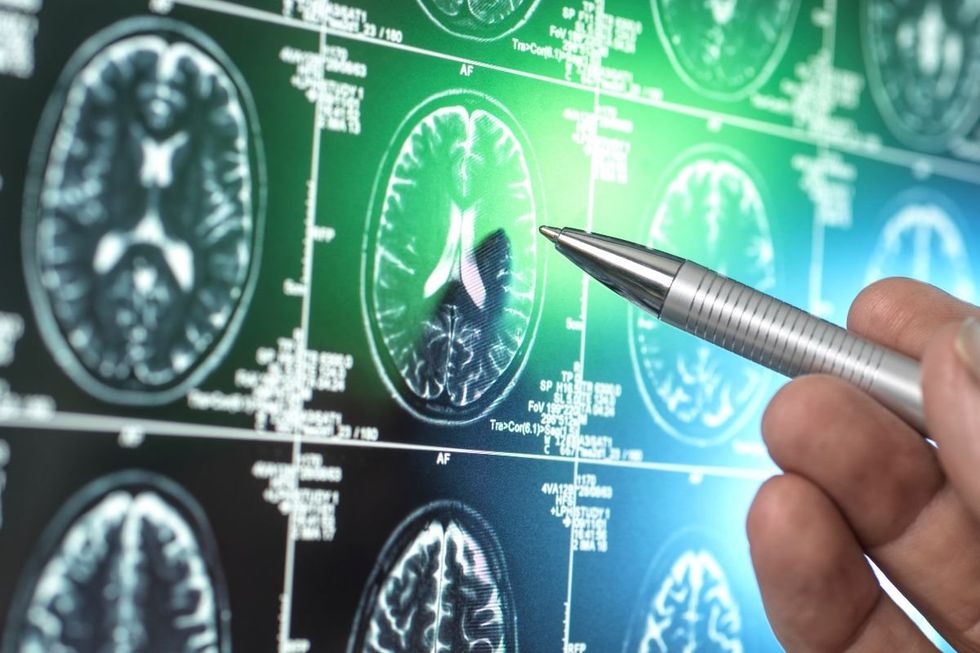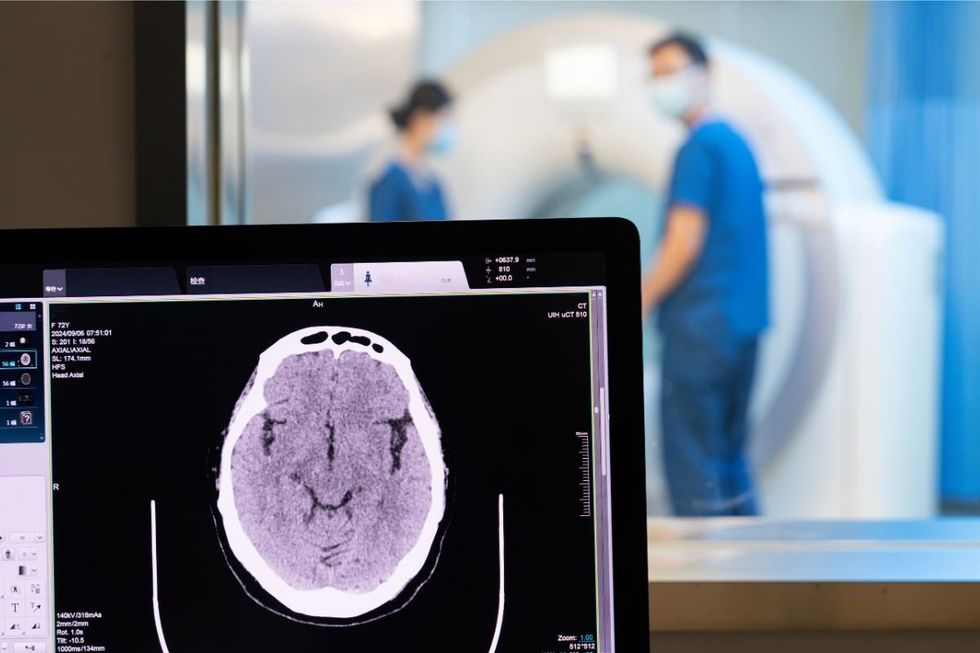The brain rewires at four key stages of life - and scientists say it's not gradual

WATCH NOW: Scientists identify five distinct phases of brain development over a lifetime
|GBN

Scientists believe major life events may influence changes in the brain
Don't Miss
Most Read
The brain develops through five distinct phases throughout life, with major shifts happening at ages 9, 32, 66 and 83, researchers at Cambridge University have discovered.
The groundbreaking study analysed brain scans from almost 4,000 people ranging from babies under one year old to adults aged 90.
It revealed that our neural connections don't change gradually - instead, they follow specific patterns that shift dramatically at these four turning points.
"Looking back, many of us feel our lives have been characterised by different phases. It turns out that brains also go through these eras," explained the leader of the study, Professor Duncan Astle, a neuroinformatics researcher at Cambridge University.

Researchers revealed that the brain goes through several phases over the course of a lifetime
|GETTY
The first phase spans from birth to around age nine, when children's brains undergo what scientists call "network consolidation".
During this time, the vast number of connections between brain cells gets pruned down, with the most active ones surviving.
It's fascinating how grey and white matter expand rapidly during these early years. The brain's outer layer reaches its maximum thickness, and those characteristic ridges we see on the brain surfaces become stable.
From age nine to 32, the brain enters its adolescent phase - yes, that's right, our brains are technically adolescent until our early 30s!
During this period, white matter keeps growing, and brain connections become increasingly efficient, which helps boost thinking abilities.
The most dramatic change happens around age 32, when the brain shifts into its adult phase - the longest period, lasting over 30 years.
From this point, brain structure becomes more stable compared to earlier phases, with different regions becoming more compartmentalised.
LATEST DEVELOPMENTS
"We're definitely not saying that people in their late 20s are going to be acting like teenagers, or even that their brain looks like that of a teenager," said Alexa Mousley, who led the research. "It's really the pattern of change."
She noted that major life events might influence these brain changes. "We know that women who give birth, their brain changes afterwards.
"It's reasonable to assume that there could be a relationship between these milestones and what's happening in the brain."
The brain enters its "early ageing" phase around age 66, followed by a final shift at approximately 83 years old into "late ageing".
Both these later stages show reduced connectivity between brain regions, which researchers link to the natural ageing process and deterioration of white matter.

Major life events might influence changes in the brain
|GETTY
The team measured brain organisation using 12 different methods, examining factors like wiring efficiency, compartmentalisation, and whether the brain depends on central hubs or spreads connections more widely.
"Understanding that the brain's structural journey is not a question of steady progression, but rather one of a few major turning points, will help us identify when and how its wiring is vulnerable to disruption," Professor Astle said.
Our Standards: The GB News Editorial Charter










